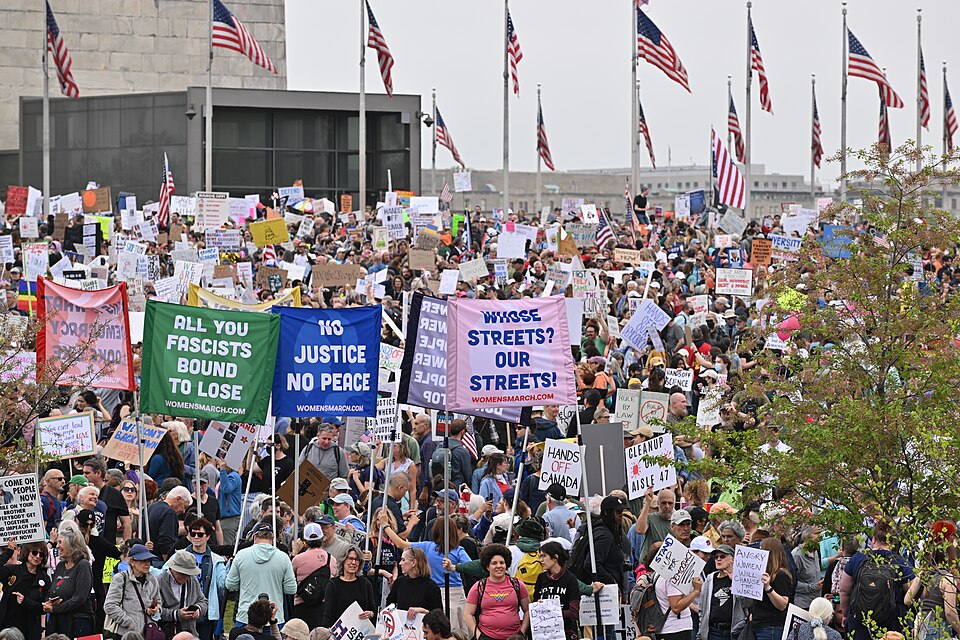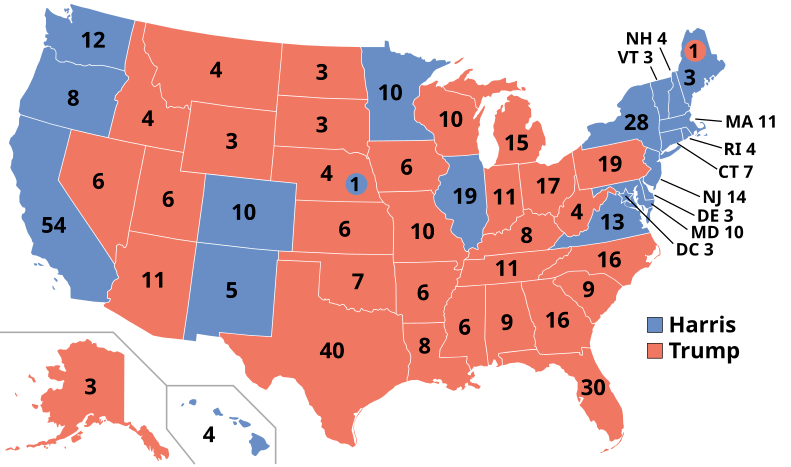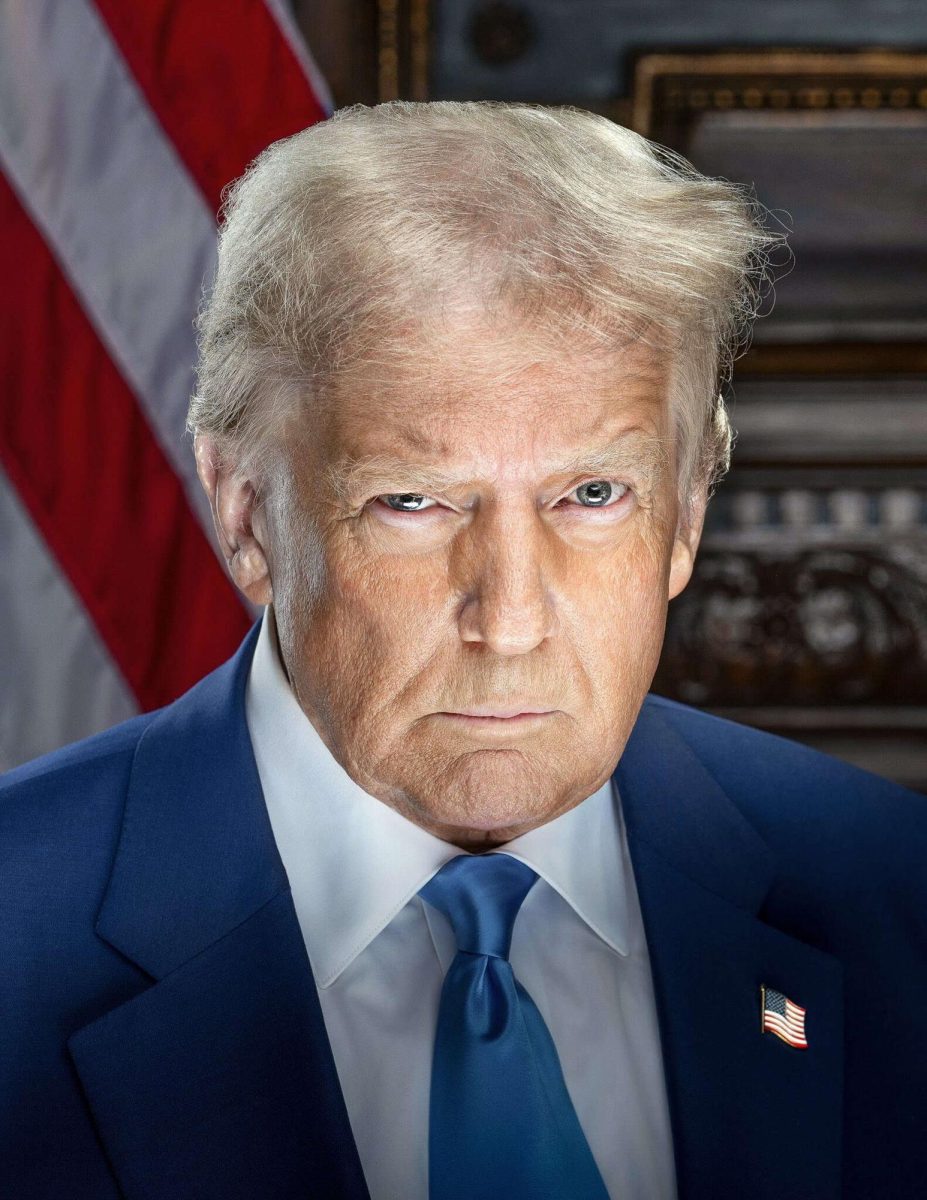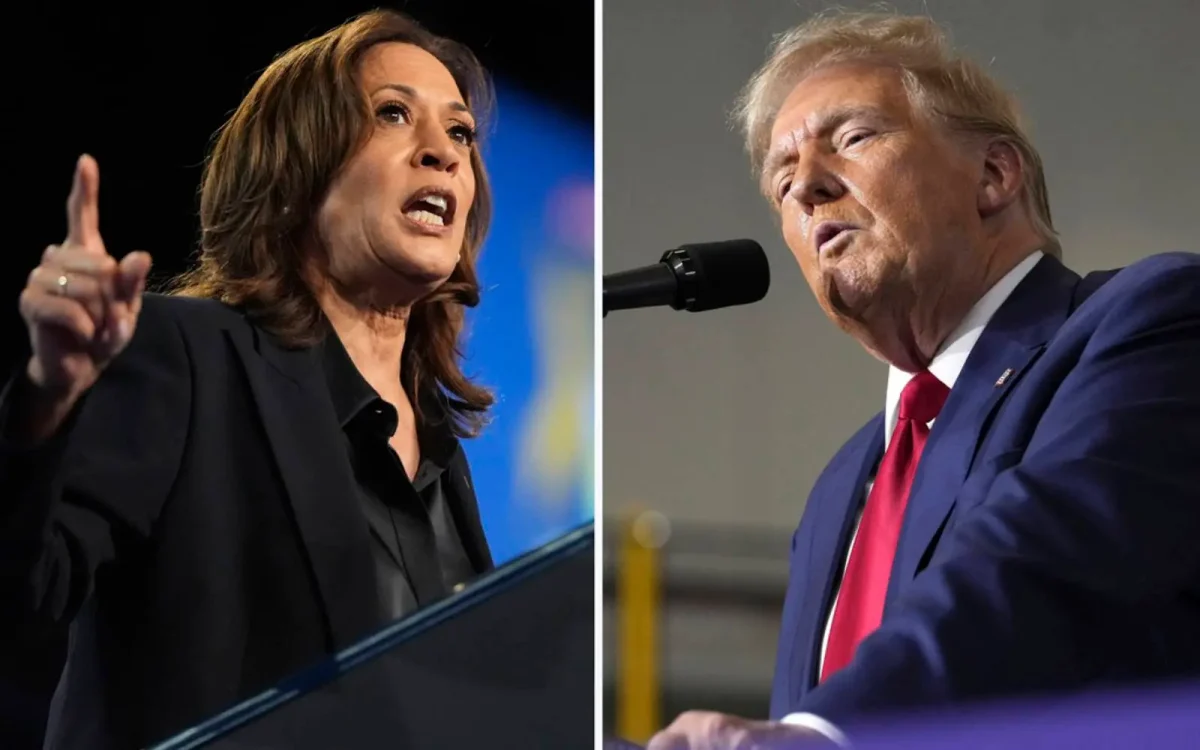Vice President Kamala Harris and former President Donald Trump currently compete in their campaigns to win the Presidential election. The candidates differ on their in global policies and handling of foreign affairs, particularly in the area of global conflicts, border security, and international trade.
Global Conflicts – Russo-Ukrainian War and Israel-Hamas War
In regards to the Russo-Ukrainian War, Trump emphasized an energy-independent Europe, as Russia heavily supplied Europe’s natural oil, however, critics say he did not support Ukraine enough militarily, especially considering Russia’s occupation of Crimea during his presidency. Furthermore, Trump does not entirely agree with the Biden Administration’s large amount of financial and military aid Ukraine receives from the arguing that Biden should spend those resources domestically. However, both sides imposed harsh sanctions on Russia, in attempt to isolate Putin’s regime diplomatically and force a withdrawal from Ukraine.
While Trump is staunchly anti-Palestinian and fully supports Israel, Biden and Harris are more open to negotiation and concessions from the both sides. Despite the subtle differences between Trump and Harris in these two major conflicts, both candidates firmly support both Israel’s and Ukraine’s right to self-defense against foreign aggressions.
Border Security
In Trump’s Agenda47, the former president maps out the road to stronger border security through stricter policies and re-establishing what he believes to be, “The strongest border in the history of our country,” critiquing the PMA (Biden-Harris Management Agenda). Conversely, Harris aims to uphold the more humane policies of the Biden Administration’s border security. Trump plans to designate major cartels as terrorist organizations, impede their access to global financing, and enact a death penalty on anyone involved in drug/human trafficking across the border. The former president deems the Biden administration’s regression from Trump-era policies against border security threats as a, “Deadly betrayal of the American people,” as Biden reversed many Trump-era measures, namely the “Remain in Mexico” policy. The Remain in Mexico policy required asylum speakers from the southern border to return to Mexico to await their asylum hearing in the United States Immigration Court after already passing screening. Trump neglected the option for asylum seekers to actually meet the safety and protections in the U.S. and instead forced those vulnerable to the dangers of Mexico and other Latin American states to remain in those countries for upwards of two years.
Trade
One of Trump’s most advertised and prevalent policies during both his presidency and campaign is tariffs, particularly on China, which interestingly is not a traditional Republican ideology but rather one he adopted. Trump’s emphasis on tariffs stems from his win-lose complex and “America First” mentality. Furthermore, Trump replaced trade agreements such as Clinton’s 1994 NAFTA (North America Free Trade Agreement) with his own trade agreements such as USMCA (The United States-Mexico-Canada Agreement) where he aimed to boost U.S. manufacturing jobs in the sector although impact of the agreement met mixed reception from economists. In contrast, Biden strived for cooperation and a more inclusive approach to trade policy. Unlike Trump’s confrontational stance, Biden prioritized diplomacy and cooperation with allies, most notably through maintaining trade networks with established partners. Moreover, Biden continues to uphold the status quo of American support of NATO allies that Trump previously threatened to reconsider. However, Biden’s Administration faltered in some similar areas as Trump’s, specifically by blocking activities of the WTO’s (World Trade Organization) Appellate Body.
































